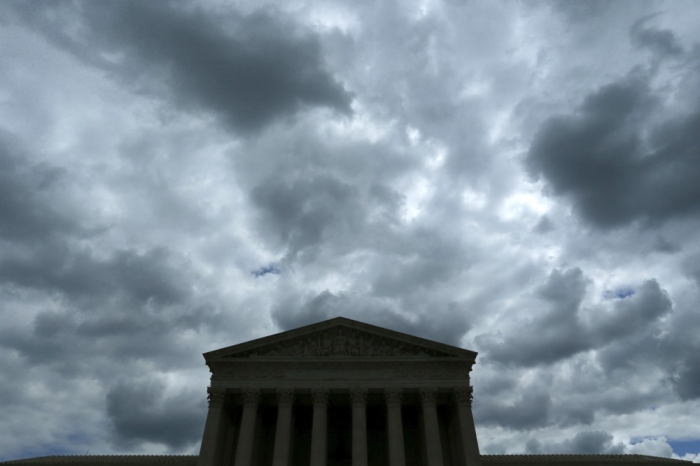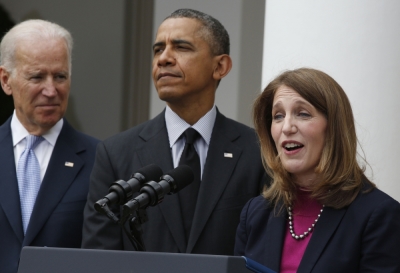Supreme Court Allows Pennsylvania Religious Charities to Avoid Federal Birth Control Mandate

The U.S. Supreme Court has allowed for a group of Pennsylvania-based Roman Catholic religious charities to avoid being compelled to follow the federal government's birth control coverage mandate while their case is being litigated.
In an order issued Monday, the highest court in the land concluded that the plaintiffs in the case Zubik v. Burwell could seek exemption from providing birth control coverage while their suit against the Department of Health and Human Services continued.
"[The] respondents are enjoined from enforcing against the applicants the challenged provisions of the Patient Protection and Affordable Care Act and related regulations pending final disposition of their petition for certiorari," read the order.
"Nothing in this interim order affects the ability of the applicants' or their organizations' employees to obtain, without cost, the full range of FDA approved contraceptives. Nor does this order preclude the Government from relying on the information provided by the applicants, to the extent it considers it necessary, to facilitate the provision of full contraceptive coverage under the Act."
Zubik v. Burwell is one of dozens of lawsuits from groups across the nation seeking exemption from the controversial HHS preventive services mandate.

Assorted religious groups, most from of which are Catholic, have argued that the mandate forces them to go against their sincerely held beliefs on birth control and abortion.
In Zubik, the plaintiffs are the Roman Catholic bishops of the dioceses in Erie and Pittsburgh, along with their affiliated colleges and charities.
In February, a three judge panel from the Third Circuit Court of Appeals ruled against the plaintiffs, arguing that the current mandate requirement that they submit a self-certification form requesting exemption did not represent an undue burden on their religious practices.
"First, the self-certification form does not trigger or facilitate the provision of contraceptive coverage because coverage is mandated to be otherwise provided by federal law," read the panel's decision.
"Federal law, rather than any involvement by the appellees in filling out or submitting the self-certification form, creates the obligation of the insurance issuers and third-party administrators to provide coverage for contraceptive services."
In response to the decision, the plaintiffs appealed to the Supreme Court for intervention. In April they received such via an interim order by Justice Samuel Alito.
Alito's one-page interim order stated that the Third Circuit's decision "is hereby recalled and stayed pending receipt of a response, due on or before April 20, 2015, and further order of the undersigned or of the Court."
Regarding the order issued on Monday, the religious freedom legal group Becket Fund for Religious Liberty hailed it as yet another Supreme Court-level success against the HHS mandate.
"The government has lots of ways to achieve its goals without penalizing religious groups who serve those in need," said Becket Fund Deputy General Counsel Eric Rassbach.
"Every time a religious ministry has taken this issue to the Supreme Court, the government has lost and the religious plaintiffs have been granted relief."





























